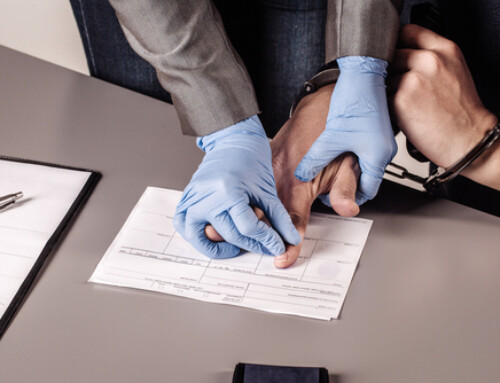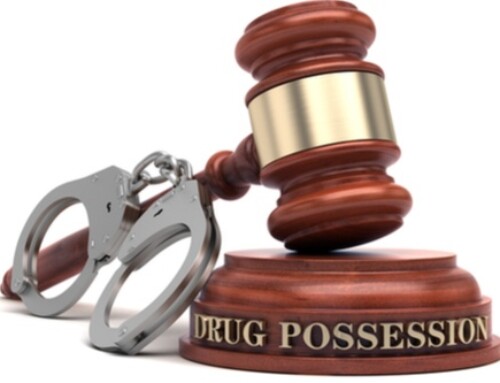The advent of the computer opened up new business opportunities for millions and helped increase productivity across the globe. However, a major negative in the use of this technology allows crimes to be committed in different ways.
States have taken action to create legislation covering all aspects of cyber-related crimes. In South Carolina, the state’s Code of Laws spells out exactly what constitutes criminal activity, with Section 16-16-20 covering the Computer Crime Act.
This law focuses on individuals who knowingly commit crimes with a computer in willful fashion, with malicious intent and without authorization. This includes accessing a computer, which encompasses an individual one, a system or a network, and involves:
- Thinking up or acting upon a plan to defraud an individual or business.
- Misrepresenting or lying about circumstances in order to illegally gain some financial benefit. This can come in the form of money, property or services.
- Any other crime that involves the use of a computer.
First Degree Cyber Crimes in South Carolina
In addition, this covers using a computer in order to either change, damage, ruin or modify different computer components. This can involve the computer itself, software for it, the network it’s on, any computer programs or data within that’s connected to a system, program or network. Anyone introducing any virus or other contaminant into those areas is also subject to prosecution.
Conviction of computer crime in the first degree is a felony and occurs when an individual either gains directly or indirectly or the victim has lost over $10,000. The maximum fine for conviction is $50,000 and the maximum jail time is not more than five years.
Second Degree Cyber Crimes in South Carolina
For those convicted in the second degree, the same circumstances exist, but the total amount of the crime was over $1,000 but less than $10,000. Other possible convictions at this level relate to individuals who interfere or deny service to any authorized user of a computer or network service.
In the latter case, the conviction requires the prosecution to prove that a defendant devised or executed a scheme to obtain property, services or money under fraudulent circumstances.
A defendant can also be found guilty if they deny possession of a computer to the owner or have been found to have stolen, transferred, hidden any or all parts of the computer or its data. In this case, the amount of the loss can’t be determined.
This crime is a misdemeanor, with a first offense resulting in a maximum fine of $10,000 or a jail sentence of up to one year, or both. Any subsequent convictions, the maximum fine doubles to $20,000, as does the potential sentence–up to two years of imprisonment.
Third Degree Cyber Crimes in South Carolina
Conviction on a computer crime in this case involves crimes where less than $1,000 is involved. This is also used to address computer hacking concerns.
This crime is also a misdemeanor, with a maximum fine of $200 or 30 days in jail, or both. Further convictions increases the maximum fine to $2,000, the jail sentence to two years, or both.
In all of the above cases, each computer that is directly affected by such a crime is considered a separate crime.
Your Only Call
Therefore, it you or someone you know has been charged with violating the Computer Crime Act in Charleston, SC, contact our criminal defense attorney at the Deaton Law Firm and ask to speak with Rad Deaton. He has experience in this area of the law and can offer the best possible defense.






